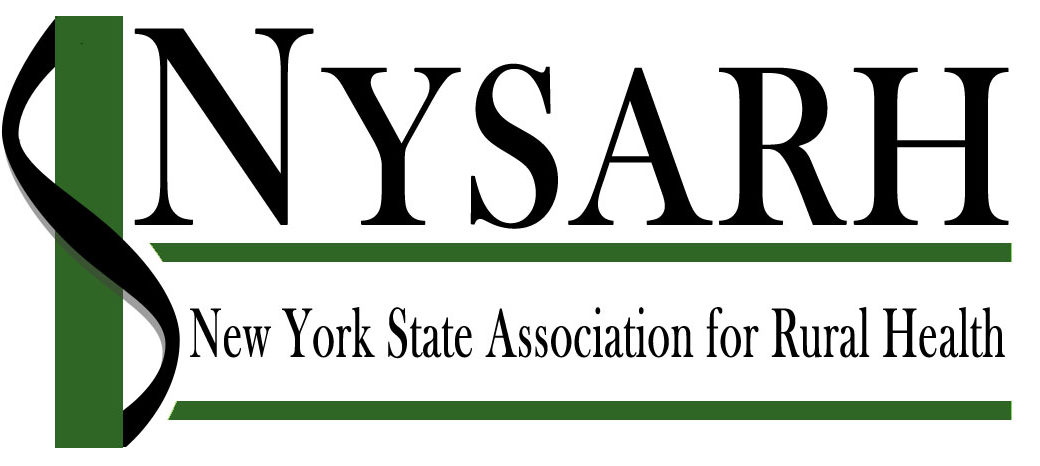How Experiences Get Under Our Skin: Neuroscience and Epigenetics – Part Two of Finding Healing and Hope through N.E.A.R Science Series
How Experiences Get Under Our Skin: Neuroscience and Epigenetics is Part Two of the four-part webinar training series, Finding Healing and Hope through N.E.A.R Science (Neuroscience, Epigenetics, ACEs, and Resilience) Training
Schedule
Every Tuesday during the month of August (four weeks) from 1:30-3:30 PM:
August 2, 2022 Understanding N.E.A.R. (Neuroscience, Epigenetics, ACEs and Resilience)
August 9, 2022 How Experiences Get Under Our Skin: Neuroscience and Epigenetics
August 16, 2022 Preventing ACEs, Promoting Healing
August 23, 2022 Creating a Self-Healing Community
Training Description
N.E.A.R. science is a cluster of science that stands for Neurobiology, Epigenetics, Adverse Childhood Experiences (ACEs) and Resilience. This cluster gives us a more whole picture of the experiences over the life course and over generations.
Experience during development – whether nurturing or toxic – affects the quality of our health, relationships, self-regulation, and on-the-job performance. The Adverse Childhood Experiences (ACEs) Study findings are the largest public health discovery of our time. ACEs reliably predict population mental, physical, and behavioral health and many social and workforce challenges. Neuroscience findings explain the biologic pathways that make ACEs so powerful. What’s predictable is preventable – this training will build a foundation of common language and understanding and develop capacity to continuously improve practice in ways that are informed by current neuroscience, epidemiology, and resilience research findings.
Our every-day actions matter for preventing ACEs and moderating their effects. We need to become nimble with our abilities to incorporate basic science into our practices. ACE and related findings are too important – the potential for improving lives is too great – for us to wait until experts formulate perfect programs for us to replicate. Participants will learn about the progressive nature of adversity – from historical trauma and ACEs to peer and adult trauma and suffering – and about three systems for promoting resilience and creating transformative and sustainable change. We will review and discuss breaking news about resilience factors that are correlated with improved health and functioning among parenting adults, and hold promise for both improving adult lives, and helping parents to prevent ACEs in the next generation. The course will give an overview of three models for trauma informed care.
Participants will generate ideas for how to create trauma informed environments and practices that are informed by ACE, resilience and related science and utilize the wisdom and experience of colleagues to improve those ideas. We will explore methods for shifting practice in ways that help to build community capacity for preventing ACEs, and discuss how rhythm, ritual and responsiveness help to invite everyone to contribute to the wellbeing of community and family life. The N.E.A.R. Science training is part of a larger trend toward “trauma-informed care” in the US healthcare, education, judicial, and other human services systems.
Training Details
- N stands for neurobiology. Neurobiology helps us understand how our brain developed based on experience. The training explores various functions of the brain like memory, sensory regulation, and executive functioning that are impacted by toxic stress, adversity and trauma.
- E represents epigenetics. Epigenetics, in a sense, rediscovered or scientifically affirmed that individual and collective trauma can be passed down from generation to generation.
- A stands for the ACEs study which scientifically linked early childhood adversity and adult health.
- R is for resilience of a community, a family, or an individual. Knowledge about resilience lets us know which buffering variables can reverse, prevent, and heal the impact of adversity.
These four sciences are intended to broaden our understanding of people and their behaviors. It begins with an understanding of the neurobiology of the brain and how we are wired for survival. If our brain detects a real or perceived threat, it reacts using the mid-brain or brainstem. When either of these parts of the brain is activated, the pre-frontal cortex, or thinking part of the brain, cannot fully function. This means people experiencing toxic stress or adversity cannot fully access the part of their brain responsible for working memory, self-control, prioritization, predicting consequences, planning or decision making. If children experience routine toxic stress, the neural networks in the pre-frontal cortex may not even develop well. This science tells us that we need to build regulation skills in people with a history of trauma so they can access their pre-frontal cortex and then strengthen processing skills.
Epigenetics research has shown that trauma can be passed down through generations. The science explains how certain genes may or may not be expressed due to the experiences of our predecessors. This knowledge combined with ACEs allows people to have a better understanding of the risk factors related to trauma. However, risk factors are not predictive factors due to protective factors. The training explores evidence-based Interventions that can restore, repair and reverse the negative impacts of trauma. These interventions are strategies and tools we can all use with all people to create physically and emotionally safe environments, healthy attachments or connection, and strengthen skills so individuals, families and communities can meet their full potential and thrive.
Training Objectives:
Participants will learn about N.E.A.R.: Neurobiology, Epigenetics, ACEs, and Resilience. They will investigate
- Recognize the prevalence of toxic stress and trauma impacting our community,
- Understand the impacts toxic stress can have on our developing brains and bodies throughout the course of our lives,
- Increase support for the development of trauma-informed practices for working with clients, patients, students, and co-workers, and
- Acknowledge what all people need in order to flourish and leave with a deeper understanding of how to nurture resiliency in our communities.
Speakers:
Ms. Belinda Knight, ACCORD Corporation, Nationally Certified ACE Interface Trainer
Mr. Al Meyers, Connecting Communities in Action, Nationally Certified ACE Interface Trainer
